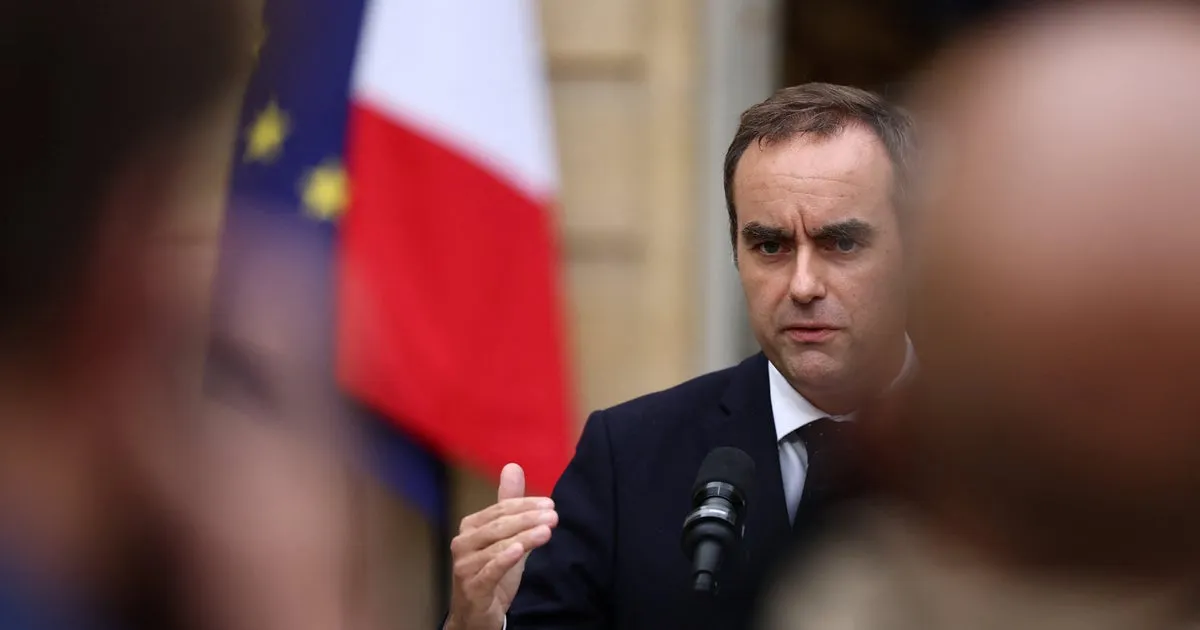
On Monday, France's government faced a significant crisis as Prime Minister Sébastien Lecornu resigned less than 24 hours after appointing his cabinet. This resignation marks a deepening political crisis in France, which has seen a rapid turnover of five different prime ministers in under two years. The political landscape has become increasingly unstable since President Emmanuel Macron called for snap national elections last year, resulting in a National Assembly where no political party holds an outright majority.
The lack of a clear majority in the National Assembly has led to a state of political paralysis. Despite this, political parties continue to act as if they possess an absolute majority. In his resignation speech, Lecornu expressed his frustration, stating, "I found myself in a situation where I was ready to compromise, but each political party wants the other to adopt its entire program." This deadlock has made it increasingly difficult for the government to push through any significant reforms or policies.
In the wake of the government's collapse, Marine Le Pen, leader of the far-right National Rally (RN), has called for new snap parliamentary elections. Le Pen, who has seen her party gain significant ground in recent years, emphasized the urgency of the situation in a social media post, stating, "There is no solution, there won't be one tomorrow: I call on the President of the Republic to dissolve the National Assembly."
Prime Minister Lecornu, a close ally of Macron, held his position for less than a month. His resignation makes him the shortest-serving prime minister in the history of the Fifth French Republic. After a gambit to strengthen his party's position in the National Assembly through surprise elections, Macron's strategy backfired, resulting in a significant loss of seats to both Le Pen's party and a coalition of far-left parties.
Since the elections, political instability has prevailed, with successive governments failing to navigate the complexities of a fragmented National Assembly. This ongoing turmoil is exacerbated by a mounting national debt crisis and a rising budget deficit, which have eroded confidence in France’s status as the second-largest economy in the European Union. Recently, the U.S. credit ratings agency Fitch downgraded France's credit rating, attributing it to increased fragmentation and polarization in domestic politics.
The political situation has led to widespread public unrest. Last month, Lecornu's predecessor, François Bayrou, was ousted in September following a no-confidence vote, primarily due to his inability to implement a budget program aimed at reducing public spending. This failure has sparked nationwide strikes in response to proposed austerity measures for the upcoming 2026 budget, with thousands of protesters, including students and trade unions, demonstrating across more than 200 towns and cities in France.
As the country grapples with the fallout from these developments, the call for new elections and potential reforms remains a critical issue for the future of France’s political landscape.